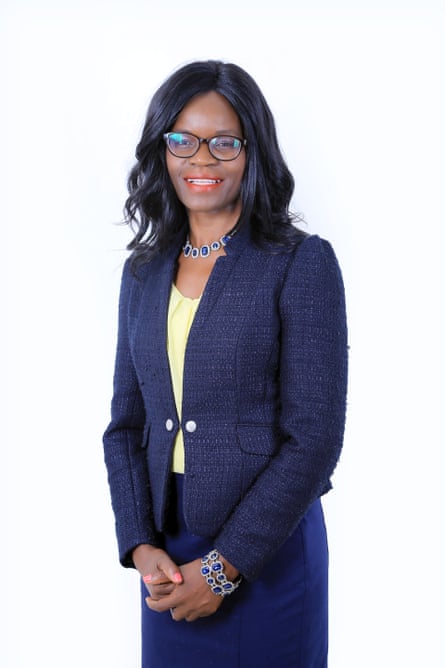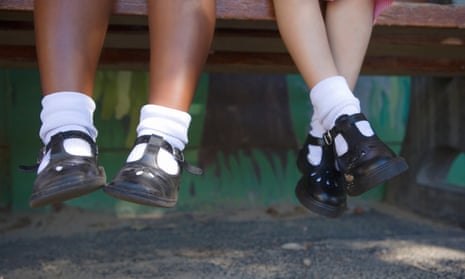I love my job, but it can be pretty depressing. I’ve spent the past year researching and writing the first-ever continental report of the routine, blatant discrimination suffered by African girls.
The fact that girls and women are treated as inferior citizens is hardly news, except that this report reveals the extent to which gender discrimination is frequently state-sanctioned – embedded into the laws, policies and practices of many African nations. We’re talking about legal, institutional discrimination with its roots in a deeply gendered and patriarchal society. We are also talking about the denial of respect for the dignity of the African girl.

Millions of African girls face exclusion, exploitation and subjugation on a daily basis. In school, at home, out shopping, in hospitals and courts, online and offline, girls are valued and respected far less than boys. During my research I have come across numerous shocking examples, such as teenagers in Tanzania who were kicked out of school – legally – because they were pregnant.
And an HIV-positive man in Malawi, locally known as a ‘hyena’ (responsible for taking young girls through a rite of passage to prepare them for married life by having unprotected sex with them) who slept with more than 100 women and girls and escaped a charge of “defilement” for a variety of unacceptable reasons.
Then there was the foreign charity volunteer in Kenya who recruited young girls, subjected them to pornography and sexual violence, and took them to his tourist friends. He was only charged for “defiling” and committing indecent acts against them, and not under the relevant trafficking legislation.
Again in Kenya, in a recent “defilement” case, the courts exonerated an accused man who claimed in defence that he reasonably believed that a 13 year-old girl was over the age of 18 and that she was enjoying the relationship, and behaved like an adult.
In Malawi, in a similar case, a convicted male nurse was discharged after spending one month in prison because the court considered the girl was not injured, and the accused had learnt his lesson by losing his job and being imprisoned.
Then there were cases in Ethiopia where underage girls have been forced by “traditional justice” to marry men who kidnapped, raped and got them pregnant.
I found that in many countries, the law discriminates against girls and fails to uphold their rights.
Laws and justice systems frequently perpetuate deeply ingrained political, social and cultural beliefs and practices designed to subjugate girls. The invisibility of girls in laws and policies has inevitably resulted in a lopsided legal pendulum tipped in favour of boys.

Ironically, some international human rights instruments may have had the unintended consequence of further marginalising girls. The Convention on the Elimination of All Forms of Discrimination against Women is child blind and the Convention on the Rights of the Child is gender blind. These treaties tend to talk in terms of “women” and “children” as distinct entities. International law seldom mentions girls as a specific group, and their rights are rarely explicitly addressed. As a result, when governments do enact legislation based on these international standards, girls can slip through the net.
There are exceptions of course, especially at the regional level. The Protocol to the African Charter on Human and People’s Rights on the Rights of Women, better known as the Maputo Protocol, and the African Charter on the Rights and Welfare of the Child (ACRWC) expand legal protection to various specific aspects of girls’ rights.
Today, after nearly 30 years of the ACRWC, gender discrimination is still embedded in the laws of many African countries – even those which are party to international agreements.
Even where laws and policies aimed at protecting and promoting the rights of girls do exist, they are frequently poorly implemented or even ignored.
